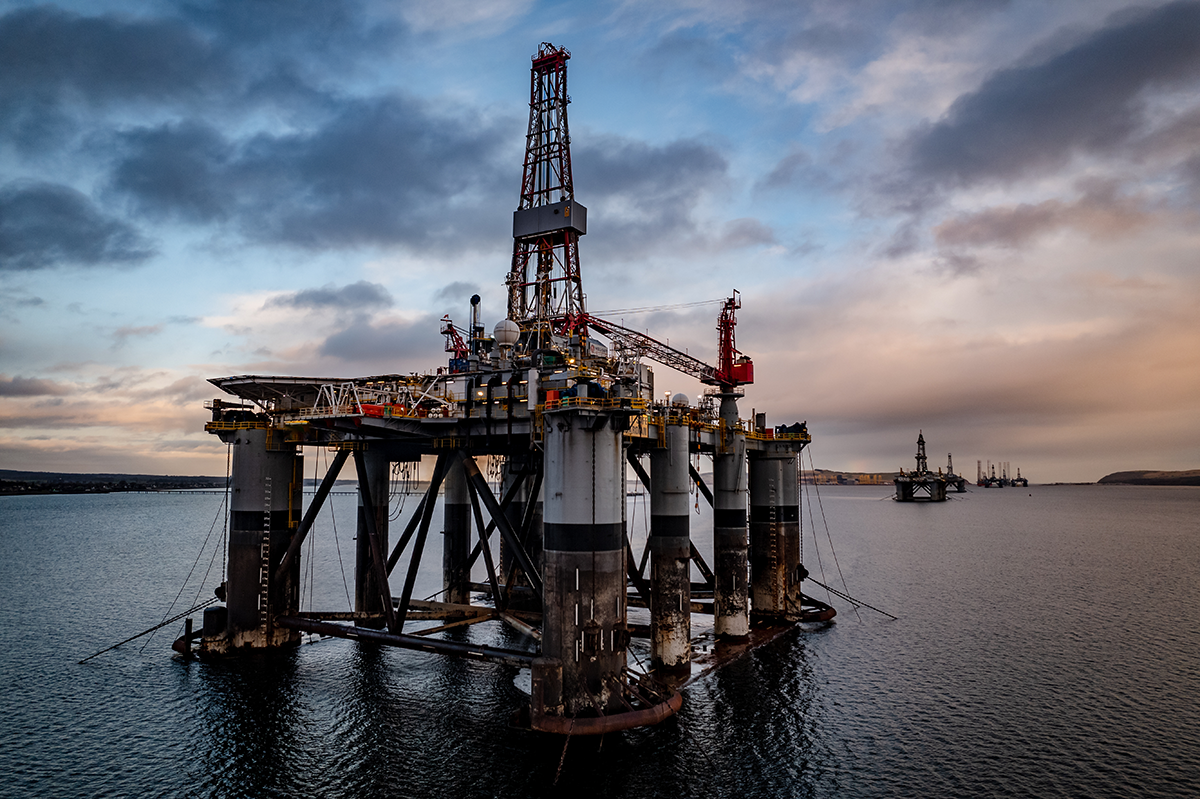Overcoming Digital Challenges in the Oil and Gas Industry

Introduction
The oil and gas industry plays a pivotal role in powering the world’s economy, but it faces unique challenges in adopting digital technologies due to its complex nature and legacy systems. In this blog, we will explore the digital challenges faced by the oil and gas sector and discuss strategies to overcome these hurdles, paving the way for a more efficient, sustainable, and resilient future.
Digital Challenges in the Oil and Gas Industry
- Data Silos and Legacy Systems
The industry often struggles with data silos and legacy systems that hinder seamless data integration and collaboration across various departments. This fragmentation makes it difficult to access real-time information and gain holistic insights. - Cybersecurity Risks
The increasing reliance on digital technologies exposes the industry to cybersecurity threats. A cyberattack can disrupt operations, compromise sensitive data, and lead to potential environmental hazards. - Remote Asset Management
The oil and gas sector operates in remote and challenging environments, making it challenging to monitor and manage assets effectively. Limited connectivity and harsh conditions complicate the implementation of digital solutions. - Data Overload and Analysis
The industry generates massive amounts of data from sensors, equipment, and exploration activities. Extracting meaningful insights from this data deluge requires advanced data analytics capabilities. - Environmental and Regulatory Compliance
Stricter environmental regulations demand enhanced monitoring and reporting, placing additional pressure on the industry to adopt digital solutions for compliance.
Overcoming Digital Challenges
- Comprehensive Digital Strategy
Developing a holistic digital strategy is essential to address the diverse challenges in the industry. This strategy should focus on integrating data, modernizing legacy systems, and aligning digital initiatives with business objectives. - Data Integration and Analytics
Implementing robust data integration platforms and advanced analytics tools can help break down data silos and derive actionable insights from data. This enables data-driven decision-making and predictive maintenance. - Cybersecurity Measures
Prioritize cybersecurity by investing in robust security measures, employee training, and regular audits to safeguard critical infrastructure and sensitive data. - IoT and Remote Monitoring
Embrace the Internet of Things (IoT) to monitor assets in real-time, allowing proactive maintenance and minimizing downtime. Implementing remote monitoring solutions improves safety and operational efficiency. - Cloud Computing and Edge Technology
Leveraging cloud computing and edge technology helps enhance data storage, processing, and analysis. This approach enables seamless data access and collaboration across locations. - AI and Machine Learning
Embrace AI and machine learning to optimize production, streamline operations, and automate workflows. These technologies can predict equipment failures, optimize drilling processes, and improve reservoir modeling. - Collaboration and Industry Standards
Collaborate with industry peers, service providers, and technology companies to establish common digital standards and best practices. Sharing knowledge and experiences can expedite digital transformation.
Conclusion
The oil and gas industry faces unique digital challenges due to its complexity and operational demands. However, by overcoming these hurdles, the industry can unlock new opportunities for growth, sustainability, and efficiency. Embracing digital transformation, data integration, advanced analytics, and robust cybersecurity measures are essential steps to succeed in this journey.
As the oil and gas sector embraces digital technologies, it will pave the way for a more connected, intelligent, and resilient industry. Companies that prioritize innovation, invest in talent development, and remain adaptable will stay competitive and thrive in the rapidly evolving energy landscape. By overcoming digital challenges, the oil and gas industry can lead the way towards a sustainable and energy-efficient future
